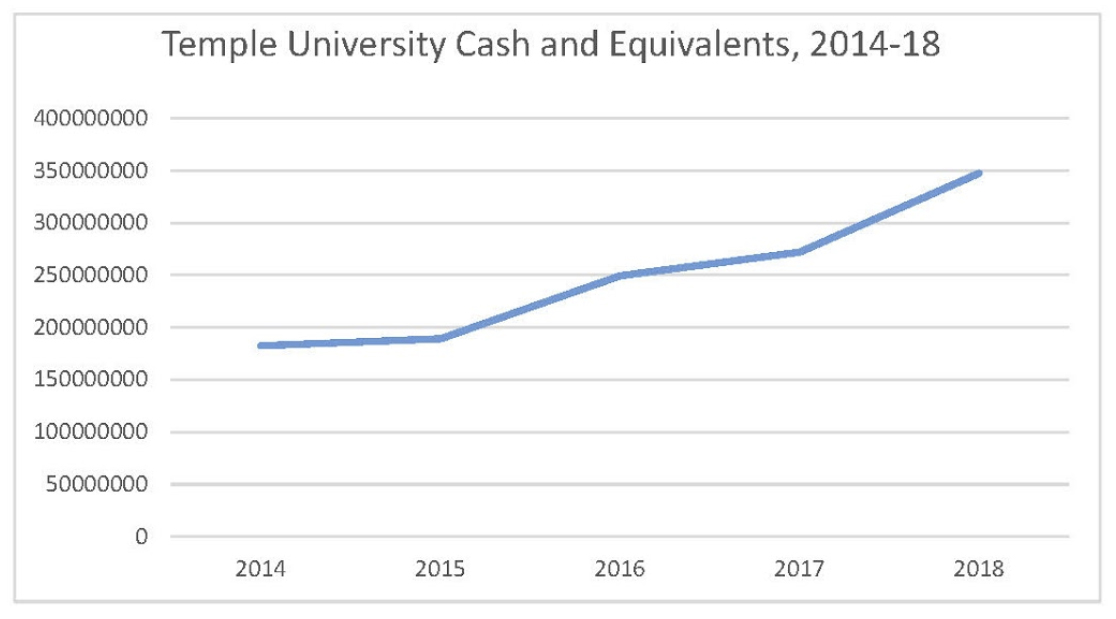Sign the petition to support TAUPs list of demands
What we’re Demanding:
- Temple must use some of its $340 million + reserves to absorb at least part of the deficit.
- No layoffs or furloughs for members of TAUP’s Bargaining Unit.
- Support faculty who have gone above and beyond to support students through the spring semester by:
- Providing one-year contract extensions for Non-Tenure Track faculty up for renewal in addition to the contractually required minimums.
- Creating a priority pool in the Fall of 2020 and the Spring of 2021 for adjuncts who have taught this term, giving them the right of first refusal for available classes, with no loss of union eligibility for missed semesters in academic year 2020-21.
- Maintaining course caps at 2019-20 levels.
- Not cancelling course sections that reach 50% enrollment or are required by students’ majors or degree programs.
We also call on Temple to:
- Compensate faculty for the exceptional amount of labor involved in converting to online instruction this term.
- Offer childcare/eldercare to faculty and staff who need it to perform their job during the pandemic.
- Ensure that faculty retain intellectual property rights to the course materials they have created and put online.
In Solidarity,
Steve Newman, President
Leanne Finnigan, Vice President
Norma Corrales-Martin, Treasurer

 It is unclear to what degree this money was amassed from one-time or recurrent expenses, and we believe the administration should offer an explanation for the source of these funds. However, since 63% of Temple’s revenue aside from patient care comes from tuition and fees (and patient care in FY 2018 cost slightly over $100 million than it brought in), we would not be surprised if much of it came from this recurrent source.
It is unclear to what degree this money was amassed from one-time or recurrent expenses, and we believe the administration should offer an explanation for the source of these funds. However, since 63% of Temple’s revenue aside from patient care comes from tuition and fees (and patient care in FY 2018 cost slightly over $100 million than it brought in), we would not be surprised if much of it came from this recurrent source.